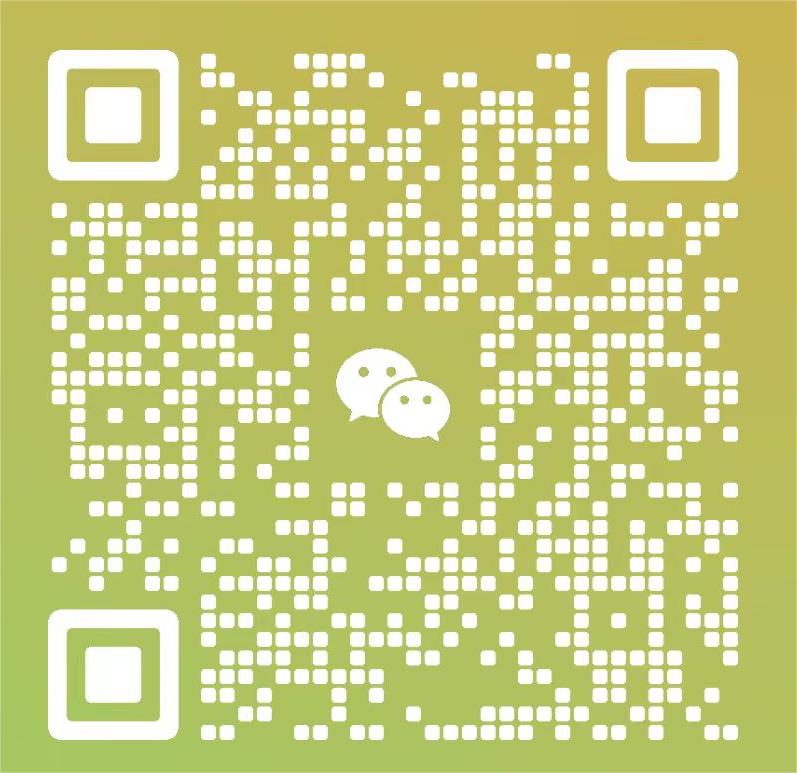文章主题:人工智能, 写作工具, 学术不端, CSSCI
ChatGPT的火爆程度引起了广泛关注,然而,随之而来的是一些担忧,主要集中在可能会引发学术不端行为的问题上。为了防止这种情况的出现,我国的一些期刊已经对使用人工智能写作工具的行为做出了相关规定和要求。这些规定要求作者在使用人工智能助手时必须进行声明并解释,否则论文可能会被拒绝或者撤回。这样的规定旨在保持学术界的公正性和严谨性,确保研究质量和诚信。
Following the frenzied interest in ChatGPT, OpenAIs highly regarded chatbot, concerns over academic misconduct by using such AI-enabled tools have arisen. To avoid cheating, some Chinese social sciences journals have released instructions on using artificial intelligence (AI) writing tools, requesting authors who use such tools to acknowledge and explain the usage, or their papers will be rejected or withdrawn.
在2月10日,我国知名的社会科学引文索引(CSSCI)来源期刊《暨南学报(哲学社会科学版)》发布了三篇关于利用人工智能写作工具的相关说明。
暂不接受任何大型语言模型工具(例如:ChatGPT)单独或联合署名的文章。
在撰写论文时,若曾运用过相关工具,务必将其独立提出,并在文章中详尽地阐述如何运用以及论证自身创作性的合理性。若对使用情况有所隐瞒,我们将在文章直接退稿或撤稿处理。
对于引用人工智能写作工具的文章作为参考文献的,需请作者提供详细的引用论证。
On Friday, the Jinan Journal, included in the Chinese Social Sciences Citation Index (CSSCI), announced that any large language modeling tools (e.g. ChatGPT) will not be accepted individually or co-signed. If relevant tools have been used in the composition of the paper, the author should propose the usage separately in the paper, explain in detail how they used them and demonstrate the authors own creativity in the paper. If there is any hidden use of the tools, the article will be directly rejected or withdrawn, read the announcement.
此外,《天津师范大学学报(基础教育版)》也于11日发布相关声明:
在现代科技迅速发展的背景下,我们应当提倡大家合理运用新的工具与技术。对于作者来说,在撰写论文或书籍时,可以适当引入人工智能写作助手,例如ChatGPT等。这种创新的使用方式可以帮助提高写作效率,使内容更加丰富,同时也能够体现时代的发展趋势。因此,在参考文献和致谢等部分,作者应该对采用人工智能写作工具的情况作出详细说明,以便让读者更好地理解和支持。
我们将不断提升学术论文的审稿质量,以确保其科学性、准确性和完整性,同时注重创新性的发挥,以推动基础教育事业的健康发展。作为基础教育研究成果传播和交流的关键平台,我们将充分发挥自身的优势,促进相关领域的研究交流。在此过程中,我们将坚定立场,坚决抵制学术不端行为,确保学术领域的公正和公平。
Also, Journal of Tianjin Normal University (Elementary Education Edition) on Saturday published an announcement, advocating the rational use of new tools and technologies, and suggesting authors to explain the use of AI writing tools (such as ChatGPT) in references, acknowledgments and other texts.
The journal noted that they will strengthen the review of academic papers, resolutely resist academic misconduct, and seek scientific, accurate, complete and innovative basic education research.
ChatGPT的应用,也在国外学术界引发广泛关注。
据《纽约时报》报道,为了防止抄袭等学术不端行为,一些美国学校“封杀”了ChatGPT。
To battle the plagiarism, some schools in the US have responded to ChatGPT by cracking down, according to the News York Times.
近期,纽约市的一些公立学校决定切断校园内的ChatGPT网络连接。这一举动是基于对ChatGPT可能产生的负面影响和对内容安全准确性的担忧。与此同时,包括西雅图在内的其他一些地区的学校和ChatGPT也采取了类似措施,限制了双方的网络连接。
New York City public schools, for example, recently blocked ChatGPT access on school computers and networks, citing “concerns about negative impacts on student learning, and concerns regarding the safety and accuracy of content.” Schools in other cities, including Seattle, have also restricted access.
美国在线课程供应商Study.com近来调查了1000名18岁以上的美国学生,有关ChatGPT在学习中的使用问题,而结果令人震惊。大约89%的学生表示用ChatGPT写过作业;48%的学生承认用ChatGPT完成过居家远程测验或考试。超过50%的学生表示用ChatGPT写过论文,22%的学生承认让ChatGPT写过论文大纲。
A US’ online course provider Study.com recently asked 1,000 students over the age of 18 about the use of ChatGPT in the classroom. The responses were surprising. Around 89 percent said theyd used it on homework. Some 48 percent confessed theyd already made use of it to complete an at-home test or quiz. Over 50 percent said they used ChatGPT to write an essay, while 22 percent admitted to having asked ChatGPT for a paper outline.
此外,包括澳大利亚、加拿大以及法国等部分学校,也禁止学生使用ChatGPT。
不过也有声音指出,相比于直接封杀ChatGPT,不如利用ChatGPT进行教学,其作为教学工具的潜能利大于弊。
综合来源:纽约时报,Global Times、21世纪英文报

AI时代,拥有个人微信机器人AI助手!AI时代不落人后!
免费ChatGPT问答,办公、写作、生活好得力助手!
搜索微信号AIGC666aigc999或上边扫码,即可拥有个人AI助手!




